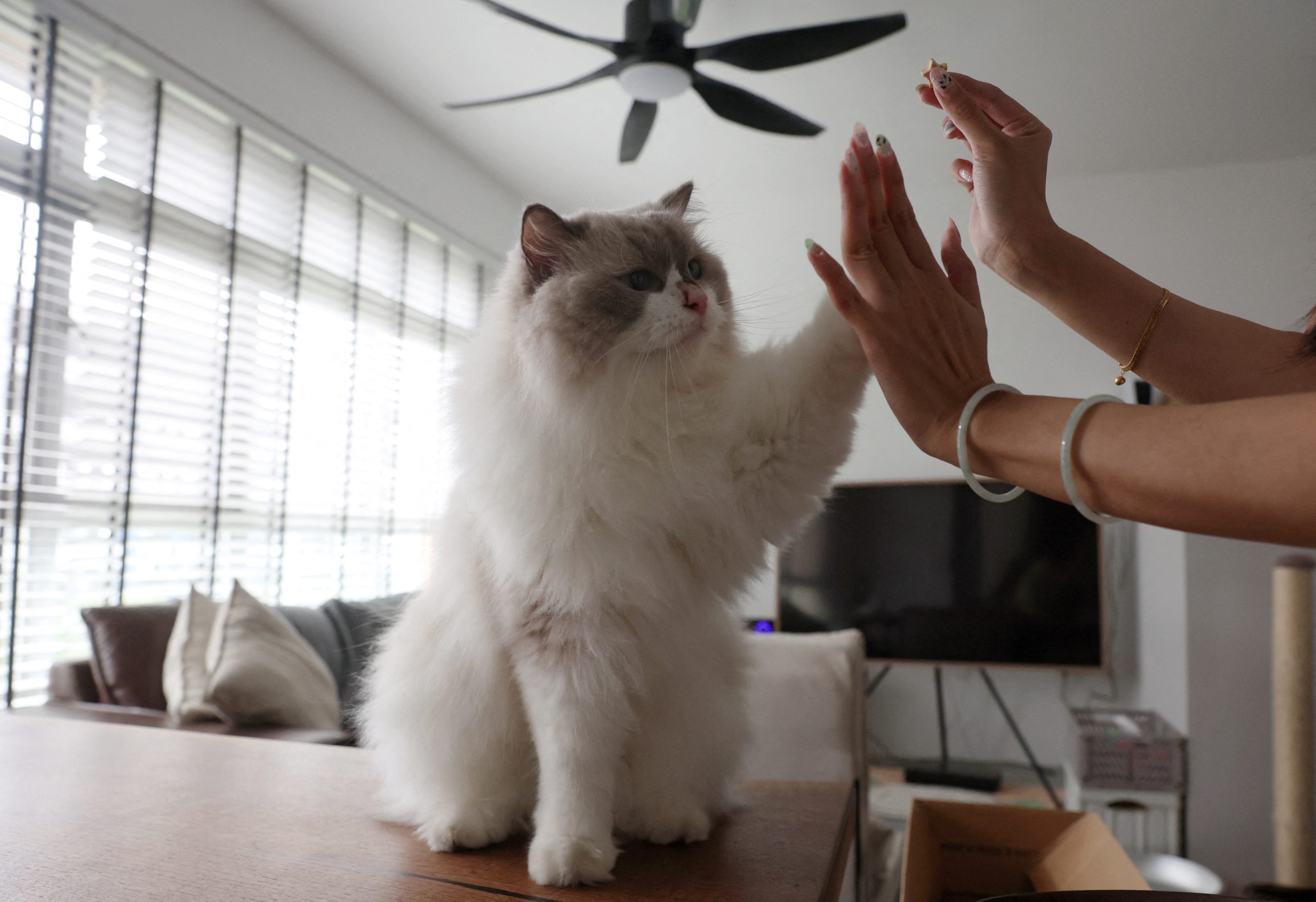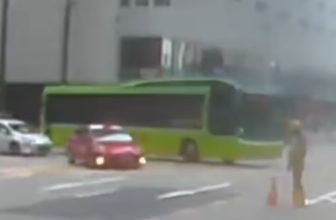
Starting from September 1, new cat licensing regulations will be enforced, signaling a significant change for cat owners. The transition period spans two years, allowing owners ample time to adjust to the new requirements. These rules are designed to promote responsible pet ownership and ensure the well-being of both cats and the community at large.
Singapore is introducing a new framework that allows Housing Board flat residents to have up to two cats starting from September 1. This change initiates a two-year transition period during which existing cat owners must adjust to the updated regulations, which include mandatory licensing and microchipping for their feline companions.
Under the new framework, Housing Board flats will be permitted to house up to two cats, while private residences can accommodate up to three cats or dogs, or a mix of both.
The Animal and Veterinary Service (AVS) stated, “Those exceeding the cat limits for HDB flats and private premises can retain all their current pet cats if they license them within the transition period and ensure their health and welfare.”
Licensing will be facilitated through AVS’ Pet Animal Licensing System (PALS), starting from September. During the transition period until August 31, 2026, licensing will be free. Beyond this period, it will be an offense to keep unlicensed cats.

After the transition, a one-year license for a sterilized cat will be priced at S$15, while an unsterilized cat’s license will cost S$90, aligning with the current dog licensing fees.
Before applying for a license, cat owners must ensure their cats are microchipped. Additionally, first-time cat owners are required to complete a complimentary online pet ownership course.
Cat owners are also mandated to maintain a safe environment for their pets and take necessary measures to safeguard them from potential hazards. This involves installing mesh, grilles, screens, or other barriers to prevent cats from roaming or falling from heights.
When in public areas, cat owners must ensure that their cats are kept under physical control. This can be achieved by using a harness or placing the cat in a carrier to prevent it from roaming freely.
PET CAT STERILISATION SUPPORT PROGRAMME
Low-income households can receive assistance from AVS through its Pet Cat Sterilisation Support (PCSS) program, which offers free sterilisation and microchipping services.
The program aims to prevent unintended breeding of pet cats in households that cannot afford sterilisation, thereby addressing animal welfare issues and reducing overpopulation.
Eligibility criteria and registration details for the PCSS program will be available from September 1.
During the transition period, cat fosterers will also receive support. They can apply to license their existing fostered cats through AVS’ Pet Animal Licensing System, provided they ensure the cats’ health and welfare.
AVS acknowledges the vital role of fosterers in cat management and will collaborate with HDB and animal welfare groups to develop guidelines for responsible fosterers. These guidelines may allow fosterers to keep more cats, subject to a phased approach and meeting specific criteria. More information will be shared in due course.
The Cat Welfare Society (CWS) expressed a positive response to the cat management framework, stating, “CWS is pleased to note that the proposed licensing conditions align closely with the responsible cat ownership guidelines we have advocated for. We are delighted to see our efforts contribute to raising the minimum standards of care for pet cats in Singapore,” as mentioned in an Instagram post.
CWS also highlighted that these measures establish a standardized level of care and clearly define the expectations for responsible cat ownership.
COMMUNITY CATS
Starting from September 1, the Trap-Neuter-Rehome/Release-Manage (TNRM) program for free-roaming dogs will expand to include community cats. This initiative replaces and improves upon the existing Stray Cat Sterilisation Program, which AVS has been subsidizing since 2011 for the sterilisation and microchipping of community cats.
Under the TNRM program for cats, AVS will increase funding support for sterilisation and microchipping and include additional components like trapping and boarding of community cats.
“Rehoming sterilised cats will be prioritized, while others will be released back into the community under the care of responsible community cat caregivers,” AVS stated.
PUBLIC CONSULTATION
AVS finalized the cat management framework following extensive public consultation with various stakeholders. The process began with a two-month public survey in September 2022, receiving over 30,000 responses. The findings revealed strong support for AVS’ proposed approach to cat management.
Subsequently, focus group discussions involving more than 100 stakeholders, including cat owners, non-cat owners, community cat caregivers, veterinarians, and animal welfare groups, were conducted in 2023.
In December of the same year, a second two-month public survey soliciting feedback on the details of the proposed Cat Management Framework was launched. This survey covered topics such as mandatory licensing of pet cats and proposed number limits within HDB flats and private premises. Similar to the first survey, the findings from the second survey indicated overall support for the proposed measures, as reported by AVS.




